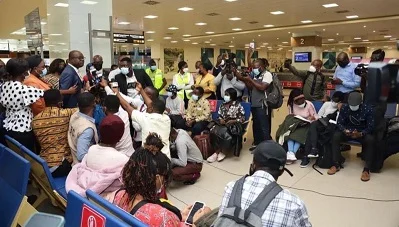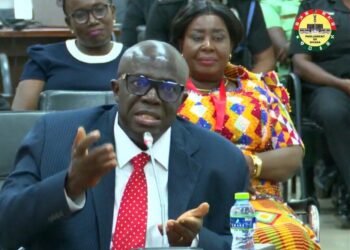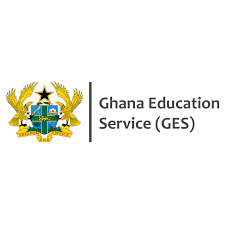The ongoing escalation in the Israel-Iran conflict has prompted the Government of Ghana to take swift and decisive evacuation measures to safeguard its citizens.
Hon. Samuel Okudzeto Ablakwa, Minister of Foreign Affairs, confirmed that the administration led by President Mahama has authorized the immediate evacuation of Ghanaians residing in Iran, citing urgent safety concerns.
In a public statement, the Minister announced that in order to ensure the well-being of both citizens and government officials, Ghana’s embassy in Tehran has been shut down without delay.
“The evacuation through land borders covers all Ghanaian diplomats, students, professionals, and other compatriots. Meanwhile, we are equally keenly following developments in Israel and will advise shortly.”
Hon. Samuel Okudzeto Ablakwa
According to Hon. Ablakwa, the government has mobilized significant resources to oversee the orderly and safe removal of its nationals from the conflict zone.
In the meantime, the government has scaled down its diplomatic activities in Israel, placing the safety of its embassy staff and citizens there as a top priority.

Embassy operations in Tel Aviv have been reduced to essential services only, with all Ghanaians living in Israel urged to stay in constant contact with the consular department for guidance and support.
“The government assures that no effort would be spared in protecting Ghanaian lives and keeping all Ghanaians out of harm’s way,” the Minister emphasized, underscoring the seriousness with which the administration is approaching the safety of its citizens abroad.
Ghana Calls For Diplomatic Resolution
Amid these emergency measures, Ghana reiterated its strong position that both Israel and Iran must pursue diplomatic channels to de-escalate tensions and end the hostilities.
The government maintained that peaceful negotiations remain the only sustainable solution to the unfolding crisis.
While Ghana works to shield its citizens from the immediate dangers of the conflict, its recent diplomatic stance at the international level has stirred controversy.
In a recent vote at the International Atomic Energy Agency (IAEA), Ghana abstained from supporting a resolution that accused Iran of violating its nuclear non-proliferation obligations.
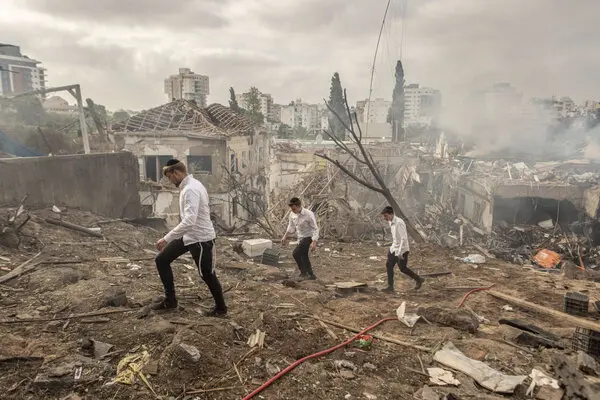
This abstention has not gone unnoticed by Israel, which has publicly expressed disappointment over Ghana’s decision.
Israeli Ambassador to Ghana, Sierra Leone, and Liberia, Mr. Roey Gilad, voiced his government’s dissatisfaction with Ghana’s neutral position on the matter.
“Ghana abstained in the vote at the IAEA. Eventually, 19 States voted that Iran is in non-compliance with its nuclear programme. We’ve lobbied Ghana very strongly to support the resolution, yet Ghana abstained.”
Mr. Roey Gilad
Israel, which considers Ghana a longstanding ally, had expected Ghanaian support for the resolution condemning Iran’s nuclear activities.
The diplomatic disappointment underscores the delicate balancing act Ghana is attempting to maintain in its foreign relations amid the broader geopolitical tensions in the Middle East.
Balancing Neutrality, National Interests Amid Israel-Iran Conflict
Foreign policy analysts suggest that Ghana’s decision to abstain may reflect a broader effort to maintain neutrality and avoid entanglement in the escalating rivalry between Israel and Iran.
With citizens present in both countries, Ghana’s primary focus appears to be the safety and security of its nationals rather than taking sides in a complex international dispute.
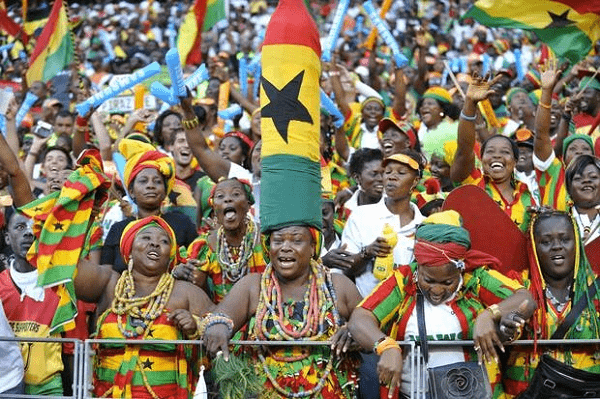
The situation highlights the often-complicated nature of international diplomacy, where governments must weigh multiple factors including national interests, global alliances, and the safety of citizens abroad.
For Ghana, the immediate priority remains the safe evacuation of its citizens from Iran and ensuring that those still in Israel receive adequate protection.
The Foreign Affairs Ministry continues to coordinate with international partners and regional organizations to facilitate the evacuation and provide timely updates to concerned families and the general public.
As tensions continue to rise in the Middle East, Ghana’s careful and pragmatic response underscores the importance it places on preserving life while navigating the complexities of global politics.
As diplomatic efforts progress, the primary hope remains a peaceful resolution that ensures the safe return of citizens and the restoration of normalcy.
READ ALSO: Ghana’s Q1 2025 GDP Shows Positive Rebound

